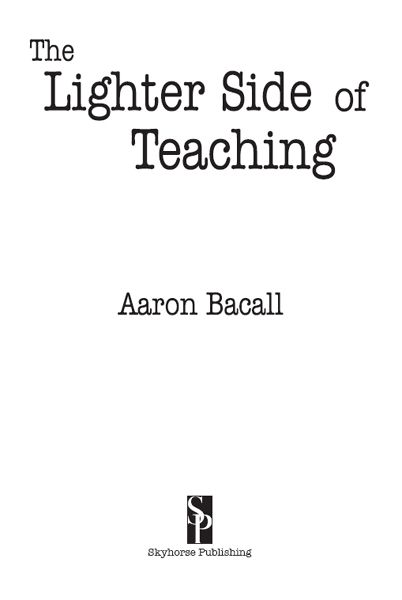
Contents
Copyright 2003 by Aaron Bacall
First Skyhorse Publishing edition 2015 All rights reserved. No part of this book may be reproduced in any manner without the express written consent of the publisher, except in the case of brief excerpts in critical reviews or articles. All inquiries should be addressed to Skyhorse Publishing, 307 West 36th Street, 11th Floor, New York, NY 10018. Skyhorse Publishing books may be purchased in bulk at special discounts for sales promotion, corporate gifts, fund-raising, or educational purposes. Special editions can also be created to specifications. For details, contact the Special Sales Department, Skyhorse Publishing, 307 West 36th Street, 11th Floor, New York, NY 10018 or info@skyhorsepublishing.com.
Skyhorse and Skyhorse Publishing are registered trademarks of Skyhorse Publishing, Inc., a Delaware corporation. Visit our website at www.skyhorsepublishing.com. 10 9 8 7 6 5 4 3 2 1 Library of Congress Cataloging-in-Publication Data is available on file. Cover design by Michael Dubowe Print ISBN: 978-1-62914-723-9
Ebook ISBN: 978-1-63220-028-0 Printed in the United States of America
Introduction
T eaching has always been a part of a spirited debate leading to transformation. Teaching is arguably more than imparting information; however, that wasnt always the case. In 1904 a Nobel Prize was awarded to Pavlov for his discovery of conditioned reflexes.
Educators jumped at that idea as a useful model for teaching. A question was the stimulus and a rote response was elicited and rewarded. Three years later, Maria Montessori opened her Childrens House to inculcate more than rote memorization. She stressed social interaction as a crucial part of education. In 1909 John Dewey published his seminal theory How We Think, but the truth is that we still do not know how we think. Perhaps we all think differently and that is not such a bad idea at all.
A year later, Lewis Terman wrote The Measurement of Intelligence. Today we still do not know how to measure intelligence. Perhaps there are various forms of intelligence. How do we measure creativity in a youngster? Is creativity a form of intelligence? Remember that Albert Einstein, a Nobel Prize winner in 1921, didnt fit in properly and dropped out of high school, only to change the world years later. Teaching is a living, changing art. It is not a one-size-fits-all endeavor.
In 1942 I was a mere toddler. That year Anne Frank was forced to leave school and go into hiding. She was not the only one. People yearned for an education, but were denied one based on religion and race. Imagine how she would have welcomed an open and free education. I was starting school when she was scrounging around for food while hiding from government-approved goons.
My own parents managed to get a single year of schooling before they had to run and dodge, successfully I might add, the Nazi horror machine. They always remembered and referred to their teacher and the kindness she managed to bring to the classroom despite the political terror and savagery all around her. Education was appreciated. Teachers were given respect. Today, the tide has turned in many schools. Well-intentioned teachers often face student apathy and lack of respect.
This complicates the job immensely. Such students divert precious time and resources from those students who come to class prepared to learn. Students who resist teachers efforts, who consider schooling an annoying sidebar, and who disrupt the class require intervention from school psychologists, counselors, tutors, mentors and other specialists. Educators reach out to such students and try to bring them into the mainstream, but often efforts fail. These students cannot be abandoned since doing so will sentence them to a life of lost opportunities. This, I believe, is one of the major challenges confronting educators.
In 1994 the U.S. Congress passed the Educate America Act. It was designed to set goals and objectives to be achieved by the year 2000. Most of the stated goals were never achieved. Abraham Lincoln once said that saying a goat has five legs doesnt make it so. students will be first in the world in mathematics and science achievement. students will be first in the world in mathematics and science achievement.
Okay, if you say so. One achievable goal that should have been included is that all teachers will start each school day by reading one funny cartoon and have a good chuckle before they go to class. Its a stress buster, and to that end I offer this cartoon collection. Aaron Bacall
About the Author

Aaron Bacall approached cartooning cautiously, stopping at college to pick up a degree in chemistry while drawing cartoons for the college humor magazine, then attending graduate school to pick up degrees in organic chemistry while drawing cartoons as he synthesized glutamate from histidine. All the while he looked for the quirky aspects in all he surveyed. He worked as an antibiotic research chemist and later as a teacher and principal curriculum writer for the New York City Board of Education.
He has taught on the high school and college level. He is now a full-time cartoonist and humorous illustrator and is a member of the National Cartoonists Society and is on the Board of Governors of the Cartoonists Association. His work has appeared in many publications, including The New Yorker, The Wall Street Journal, Barrons, Saturday Evening Post , and Readers Digest . His business cartoons have been displayed at the World Financial Center in New York City, and in 1977 he was awarded first place for the Best Editorial Cartoon by United Auto Workers. To Linda My Wonderful wife, my best friend, my inspiration and my life treasureI love you. To Darron An endless source of pleasure and prideI love you.
To Barbara A special daughter-in-law and a wonderful motherI love you. To Benjamin A wonderful boy blessed with the dual gifts of curiosity and imaginationI love you. To Emily A wonderful girl with her own unique styleI love you. To Mom and Dad I hope youre proud of me. I love you. 
 Wow! I had no idea aspirin came in such large bottles.
Wow! I had no idea aspirin came in such large bottles.  Im hooked on phonics.
Im hooked on phonics.  Good morning Mr. Wilson. Wilson.
Good morning Mr. Wilson. Wilson.
I saw your name on the substitute teacher registry. Can you get over to Public School 129 by 9:00 A.M.?  I plagiarized it because I thought it bears repeating.
I plagiarized it because I thought it bears repeating.  I made a Valentines Day card for you. The school has no art supplies so I wrote the color in.
I made a Valentines Day card for you. The school has no art supplies so I wrote the color in. 

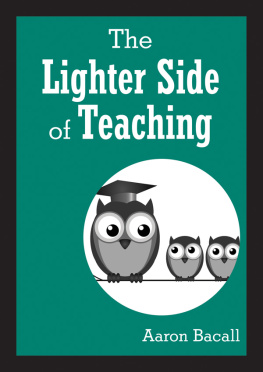

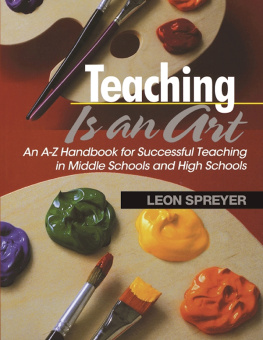
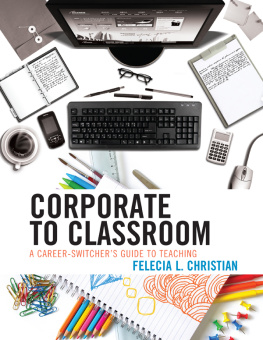
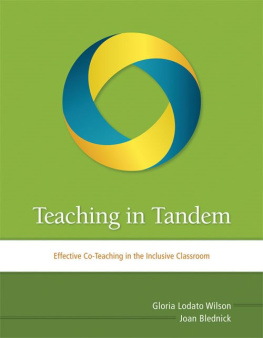


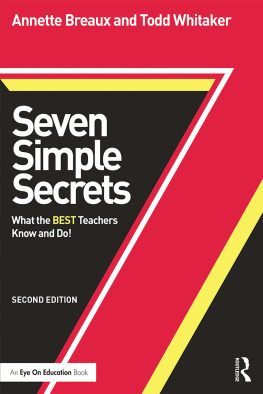
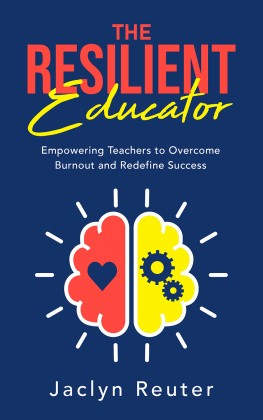
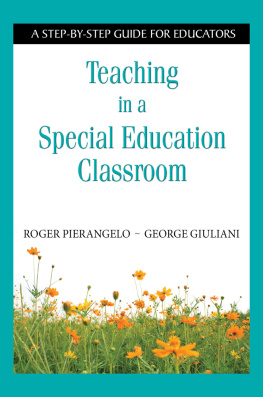
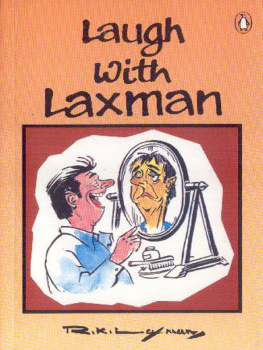
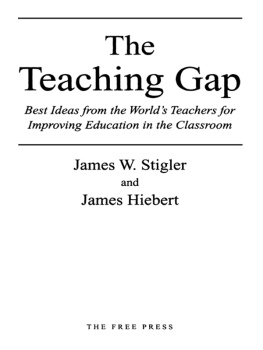
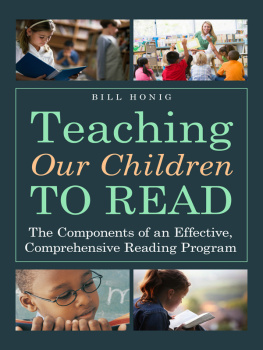


 Aaron Bacall approached cartooning cautiously, stopping at college to pick up a degree in chemistry while drawing cartoons for the college humor magazine, then attending graduate school to pick up degrees in organic chemistry while drawing cartoons as he synthesized glutamate from histidine. All the while he looked for the quirky aspects in all he surveyed. He worked as an antibiotic research chemist and later as a teacher and principal curriculum writer for the New York City Board of Education.
Aaron Bacall approached cartooning cautiously, stopping at college to pick up a degree in chemistry while drawing cartoons for the college humor magazine, then attending graduate school to pick up degrees in organic chemistry while drawing cartoons as he synthesized glutamate from histidine. All the while he looked for the quirky aspects in all he surveyed. He worked as an antibiotic research chemist and later as a teacher and principal curriculum writer for the New York City Board of Education. 
 Wow! I had no idea aspirin came in such large bottles.
Wow! I had no idea aspirin came in such large bottles.  Im hooked on phonics.
Im hooked on phonics.  Good morning Mr. Wilson. Wilson.
Good morning Mr. Wilson. Wilson. I plagiarized it because I thought it bears repeating.
I plagiarized it because I thought it bears repeating.  I made a Valentines Day card for you. The school has no art supplies so I wrote the color in.
I made a Valentines Day card for you. The school has no art supplies so I wrote the color in. 